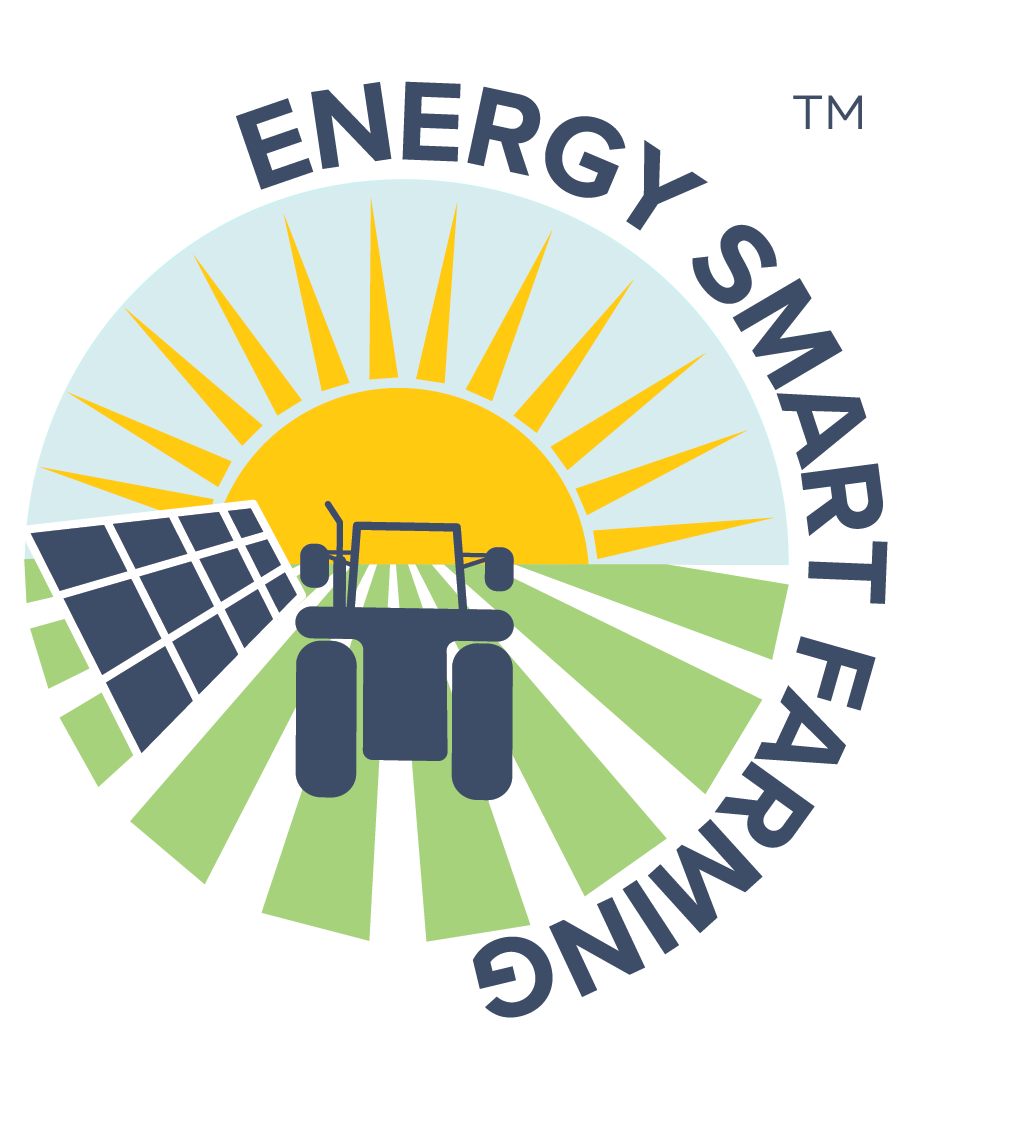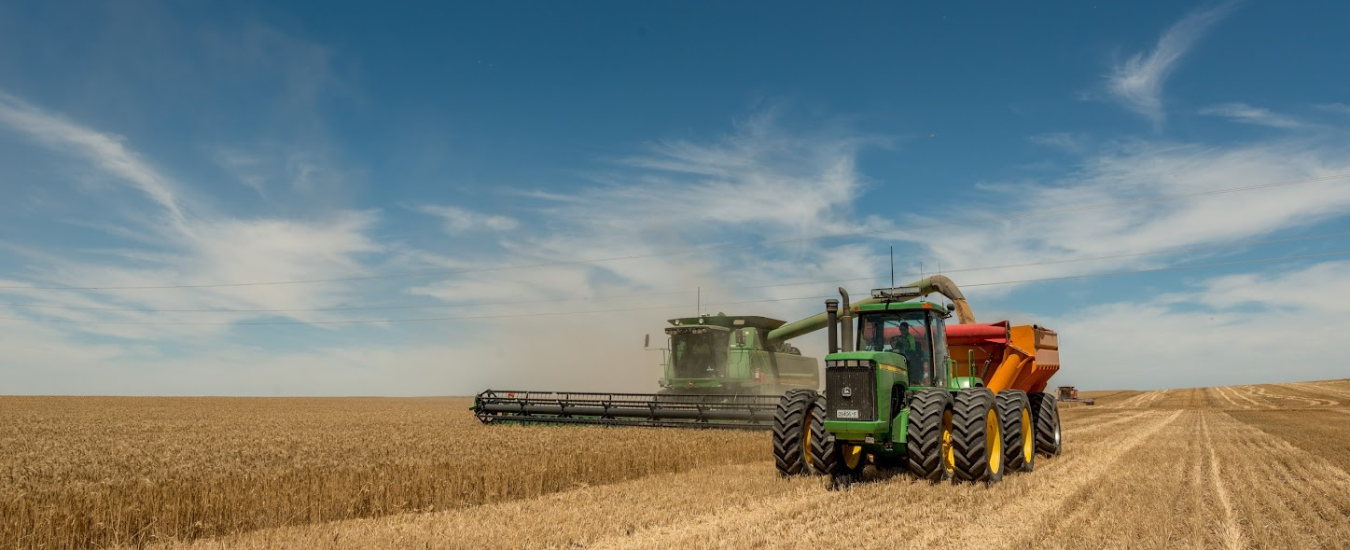Understanding what may fuel the future is a focus of the new NSW DPI project: Beyond Fossil Diesel. The pressure to reduce emissions is growing as more targets are being set by industry and governments. This is happening across all areas of society and industry and while many can find suitable electric alternatives, there are limited realistic alternatives for aviation and the high horsepower diesel equipment with long duty cycle such as tractors etc.
Aviation is looking to Sustainable Aviation Fuel (SAF) as the way to power planes and reduce carbon emissions in this transition. The same chemical processes can also produce low emissions renewable diesel which when substituted for fossil equivalents also greatly lowers emissions and seems the logical transition fuel for diesel dependent industries. Emission reductions of up to 80-90% are claimed by the renewable fuel manufacturers.
This can give modern diesel machines with emission control systems a similar emissions profile to electric alternatives on a well-to-wheel assessment when consideration is given for electricity source when making the comparison with battery electric alternatives. Given the high reliance on diesel in agriculture and long-range transport this fuel could remove the need to drastically alter supply chain and skill sets for these sectors to achieve emissions targets.
Worldwide the demand for renewable fuel is growing rapidly as hard to abate industries look for alternatives, with refineries coming online in the US and Europe. Currently several small to medium plants to make renewable fuel are in development in Australia. This presents us with another challenge – competition for the feedstock to make the fuel. Will we “value add” in Australia or simply sell the raw materials abroad?
We have an opportunity to produce renewable liquid fuels domestically and capitalise on existing biological feedstocks often seen as low value or waste to progressively replace our fossil fuel supplies, improve domestic fuel security, and facilitate regional growth and development.
At the recent National Renewables in Agriculture Conference, held in Dubbo I chaired a session where it was noted how much diesel fuel we could make and how much we use, those numbers were about 100 million and 32 billion litres respectively. The reality though is that whilst we can make up to 100 million litres, we actually only make 7 million litres. The speaker put those in perspective saying “…if each litre was a second of time; we make 81 days of fuel of renewable fuel and consume 1,014 years (100 decades) of fuel.”
“…if each litre was a second of time; we make 81 days of fuel of renewable fuel and consume 1,014 years (100 decades) of fuel.
That looks like one huge opportunity!



